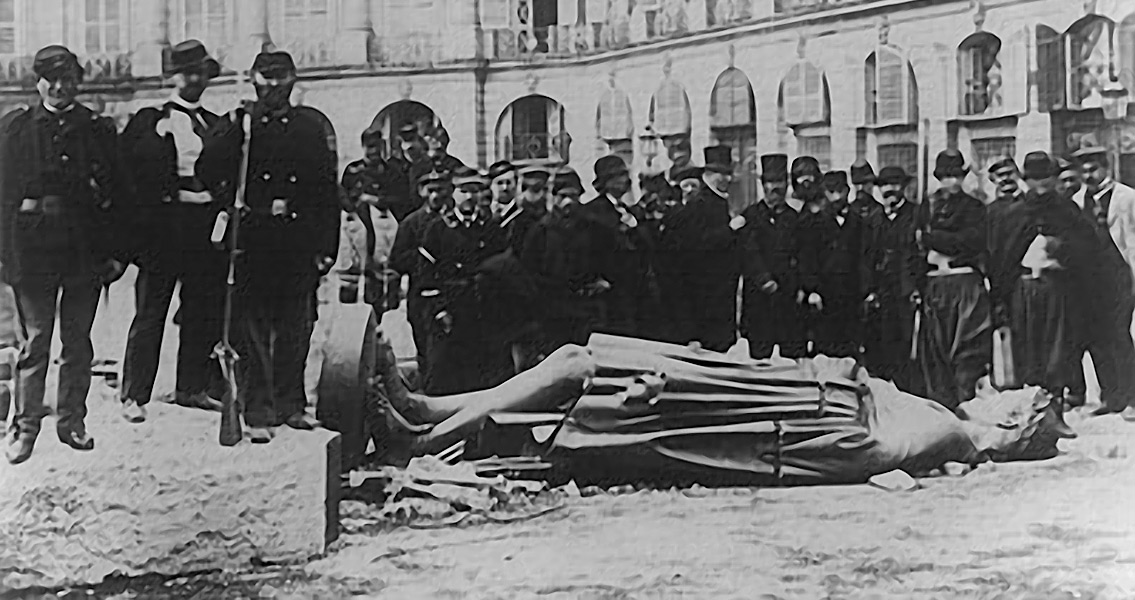<![CDATA[On Saturday 31st January Pablo Iglesias told a crowd of tens of thousands of people in central Madrid that a "wind of change" was beginning to blow through Europe. Iglesias was speaking at a mass rally organised by Podemos - a radical left-wing party in Spain. Called 'The March for Change", the events in Madrid marked one of the party's first outdoor rallies, and certainly its best supported. Podemos organised the rally to build on the recent victory of the Syriza party in Greece, an organisation Podemos counts as close allies. The wind of change referred to by Iglesias is a wave of increased popularity for left-wing politics throughout Europe, although this trend has also been witnessed further afield. The victory of Syriza in Greece is one very explicit example, but the last few years have witnessed increasingly public displays of support for political ideas that look for change in political, social and economic organisation; whether the Occupy Movement, the Montreal anti-austerity street protests or even the election of Francois Hollande's Socialist party in the 2012 French election, a campaign the party won with promises of significant political and economic reform. Mass rallies in the centre of European capitals inevitably encourage comparisons with the Paris Commune of 1871. The Commune lasted for two months in the centre of Paris, from March 18th to May 23rd. Its origins were in the French elections of February 1871, when France began its transition to the Third Republic. Fearing that the newly formed government would fail to uphold the republican traditions of the 1789 revolution, a substantial section of the Parisian population set about creating their own administration in the capital. The regime in Paris created its own militia, popularly referred to as the National Guard, which inevitably led to a confrontation with the French army. Two French generals were killed in the fighting, and the country's government fled the city to Versailles. Following the government's retreat, a Communard government was formed in Paris, protected by an increasingly well organised National Guard. In the two months it ruled Paris the Commune set about creating a radical new system of society and politics. Support of religion was removed, a ten hour work day was implemented and bakers were no longer forced to work at night. Perhaps most significant and groundbreaking were the steps the Commune made in support of feminism. Women had unprecedented importance in Communard Paris, taking on roles in the National Guard while significant advances were made towards establishing gender equality in pay and contracts. It would be wrong of course to assume that the Commune was some Utopian moment in Parisian history. There were examples of looting and criminality, particularly in the first few weeks as the Commune's leaders attempted to assert control. Disorganised acts of vandalism against monuments of Paris' imperialistic past have led some to suggest that the Commune was nothing more than the reign of chaos in the city. As a statement of dissatisfaction with an existing political order however, the effectiveness of the Commune cannot be denied. A key factor behind the Commune's short life is that Parisians were disproportionately left wing compared to the rest of the French people. This lack of broader support through France allowed the government to regroup and eventually send troops to Paris to bring the Commune to a swift and brutal end. Nevertheless, many historians have since argued that the events of 1871 were hugely influential in the growing popularity of left-wing politics in the nineteenth century. Of course, the context of the Paris Commune is drastically different to the rally in Madrid. The Commune came in the aftermath of France's catastrophic loss to Germany in the Franco-Prussian War, in the uncertainty of a political system that had been brought into question with defeat. It would of course also be wrong to try and compare the scale and influence of the two events. The key similarity is that the Commune, like the Madrid rally, the Occupy Movement or the Syriza Party, originated from the belief that the distribution of wealth in society was unjust, and thus in need of reform. The Commune was very much an event reflective of the political, social and historical reality of the nineteenth century; an ultra exaggerated microcosm of the drastic reevaluation of political systems that took place . The growing popularity of the likes of Syriza and Podemos on the other hand, are distinctly twenty first century affairs, the true significance of which will only be appreciated in the future, in the same way that the consequences of the nineteenth century are still being evaluated and appreciated now. Iglesias' claim that a wind of change is sweeping through Europe is a bold one. Whether he's right is of course a question that could never be answered within our lifetimes. ]]>
The Paris Commune and the Twenty First Century
